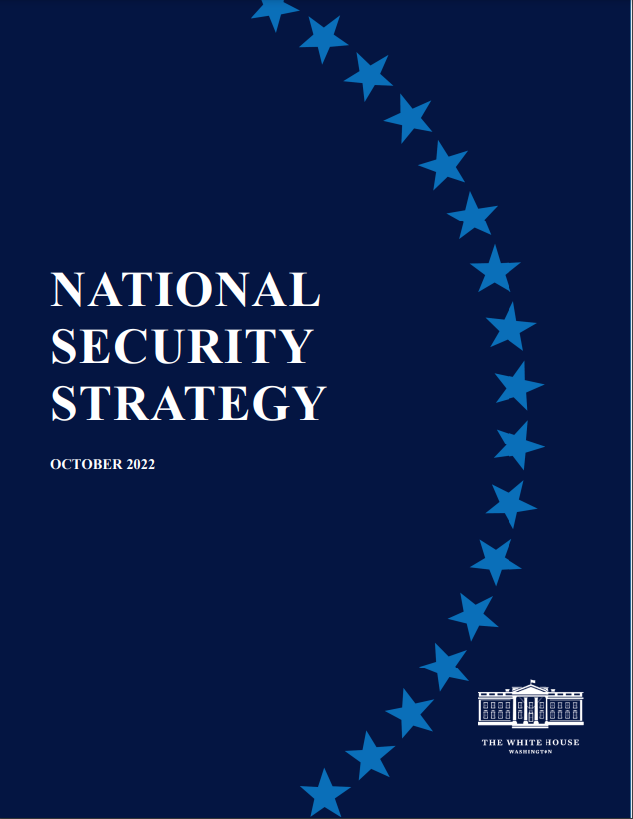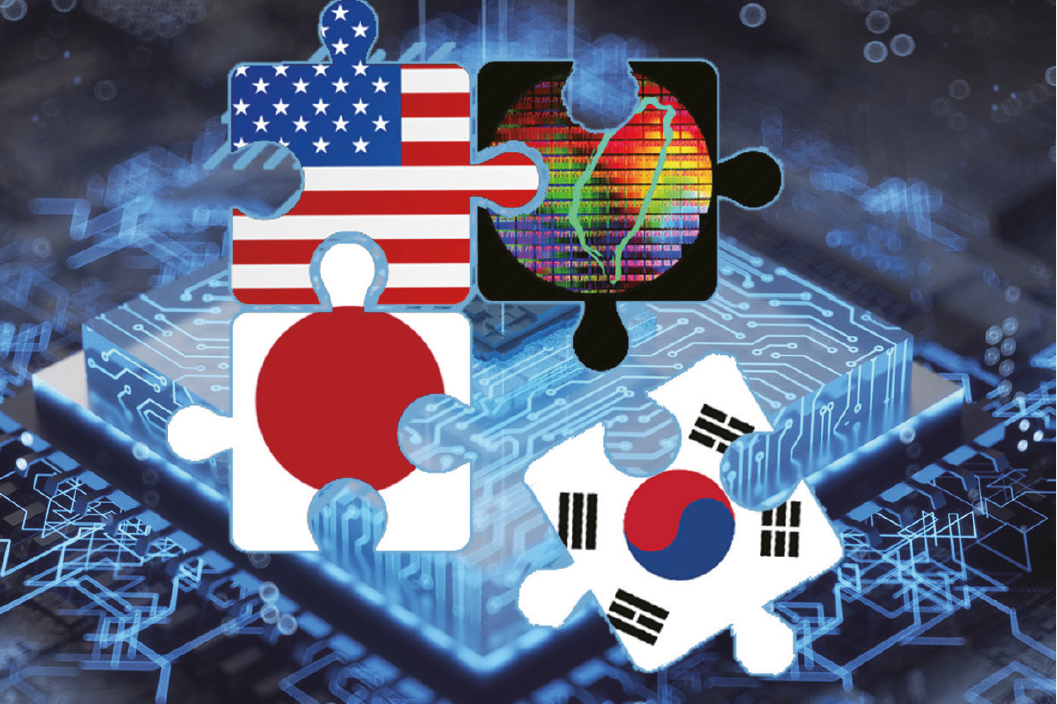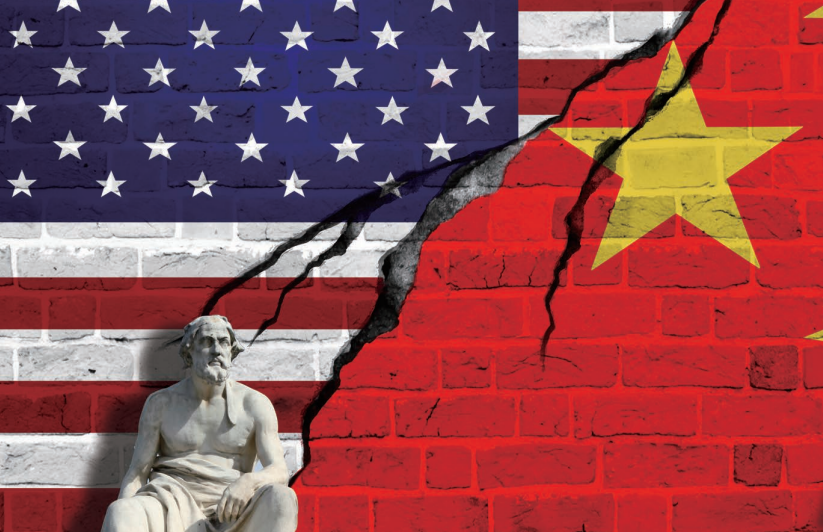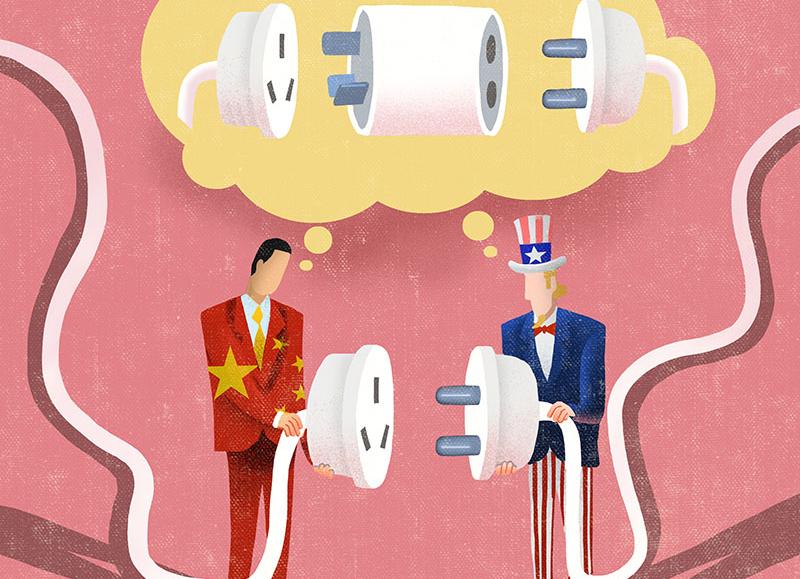Richard Javad Heydarian, Professorial Chairholder in Geopolitics, Polytechnic University of the Philippines
Nov 11, 2022
There are growing indications that Washington has embraced a new era of great power competition with China, and the recent security documents released by the Pentagon identified China as the most significant threat to America. But without a diplomatic breakthrough between the two nations, it’s possible the superpowers are heading towards a “New Cold War,” which is threatening decades of peace and prosperity in the Indo-Pacific.
Wu Zhenglong, Senior Research Fellow, China Foundation for International Studies
Nov 10, 2022
With the terms “invest,” “align” and “compete,” America’s intent is clear — and it is not benign. The National Security Strategy does not hide the fact that the U.S. wants to suppress China and maintain its hegemony.

David Shambaugh, Gaston Sigur Professor and Director of China Policy Program at George Washington University, Distinguished Visiting Fellow at Hoover Institution of Stanford University
Oct 21, 2022
After nearly two years in office, the Biden administration recently published its National Security Strategy. The 48-page document covers the broad spectrum of national security and foreign policy challenges to the United States, prominently including the People’s Republic of China.

Zhao Minghao, Professor, Institute of International Studies at Fudan University, and China Forum Expert
Oct 21, 2022
It’s clear that the United States is determined to win its competition with China. Therefore, China should prepare for greater pressure from the U.S. during what the newly released National Security Strategy calls the “decisive decade” ahead.
Zhong Yin, Research Professor, Research Institute of Global Chinese and Area Studies, Beijing Language and Culture University
Oct 20, 2022
There are many imperfections and contradictions in the latest NSS. It’s hard enough to promote fairness and justice in the world, so how does one balance a strategy that puts U.S. interests and the well-being of Americans ahead of everyone else?

Zhang Monan, Deputy Director of Institute of American and European Studies, CCIEE
Oct 11, 2022
America may not be able to block China’s core momentum in the manufacture of high-end semiconductors, even with its suppressive CHIPS Act. Rather, the global semiconductor industry will inevitably divide into two parallel, competing systems.

Zhu Feng, Dean of School of International Studies, Nanjing University
Sep 30, 2022
Major-country relations are changing dramatically. Chinese academics and political leaders should conduct an in-depth analysis of what China faces. The United States has already started a new Cold War in regional and global industrial chains.
Wang Yi, Foreign Minister of the People's Republic of China
Sep 24, 2022
In dealing with China, zero-sum mindset and "political correctness" is misleading and dangerous.
Lucio Blanco Pitlo III, President of Philippine Association for Chinese Studies, and Research Fellow at Asia-Pacific Pathways to Progress Foundation
Aug 26, 2022
U.S. House Speaker Nancy Pelosi became the highest ranking American government official to visit Taiwan in decades - raising the temperature of the already-tense Taiwan Strait. The current situation reflects not only a history of conflict, but also China’s concerns about U.S. influence in its backyard.

Brian Wong, Assistant Professor in Philosophy and Fellow at Centre on Contemporary China and the World, HKU and Rhodes Scholar
Aug 26, 2022
It is counterproductive to set China and the ‘West’ up as rivals locked in an existential struggle over values. In light of the increasingly polarized views of the East and the West, it is crucial to steer clear of political absolutism to have a more truthful understanding and practical progress on a range of issues such as policy, education, health, etc.
Back to Top

- China-US Focus builds trust and understanding between the U.S. and China through open dialogue among thought leaders.
- Our Offerings
- Topics
- Videos
- Podcasts
- Columnists
- Research Reports
- Focus Digest
- Stay Connected
-
Thanks for signing up!
- Get the latest stories from China-US Focus weekly.